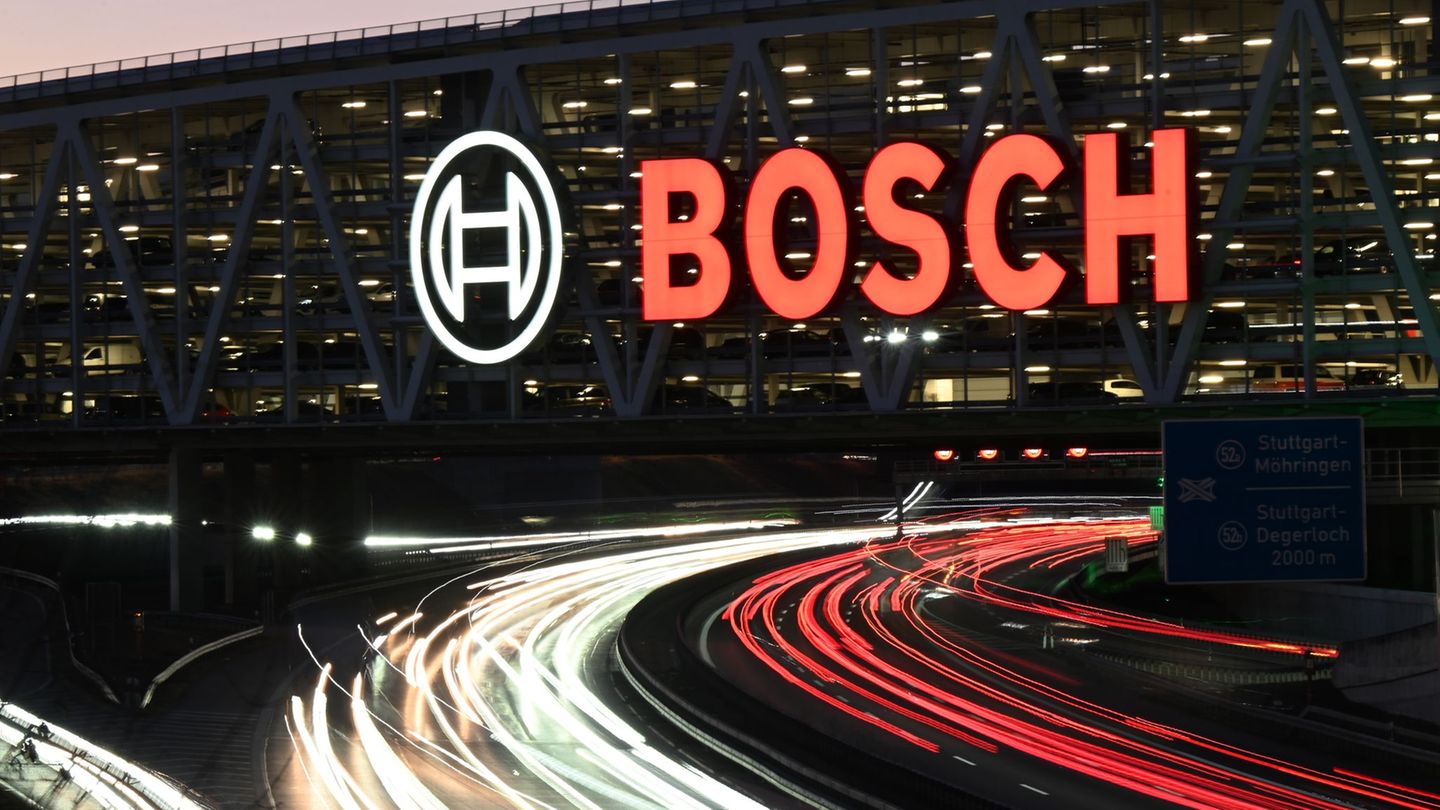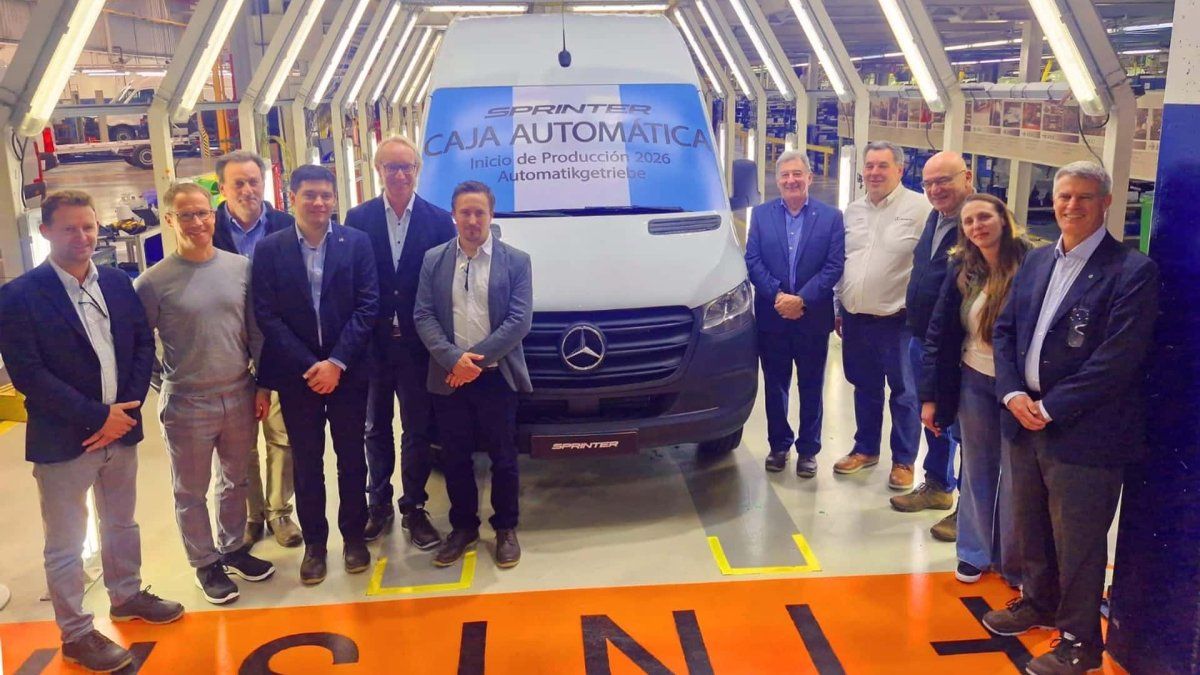Crisis in the auto industry
Bosch boss Hartung expects further savings programs
Copy the current link
Business in the automotive industry is weakening – including at supplier Bosch. More austerity programs are likely to come. How does the Bosch boss justify this?
Bosch boss Stefan Hartung is preparing the workforce for further rounds of savings. In an interview with the “Frankfurter Allgemeine Zeitung” (Saturday) he said: “There will be further savings programs – simply because we will see another major shift in the drive mix in automobile manufacturing by 2030.” This change in the next five, six, seven years is inevitable because it is structural in nature. However, he cannot yet quantify the job losses.
Hartung understands the violent protests of the employee representatives against the reduction plans, which are uncharacteristically for Bosch. “It is true that we have never had to burden the social partnership at Bosch with such job cuts before,” said Hartung. It is clear that you should not expect employees to cheer if you plan to cut jobs. But you have to live with that, the important thing is that you sit down together in the end and find a way.
For over a year, the technology company has repeatedly announced that it would be cutting jobs. Bosch could lose more than 12,000 jobs worldwide by the end of 2032. A good 7,000 jobs are affected in Germany. The majority of this comes from the supply division. But jobs are also to be cut in other areas such as the tool division. There have recently been protests against the dismantling plans at several German Bosch locations. The automotive industry is in crisis due to the weak economy and is suffering from low demand – especially for electric cars.
Against the end of combustion engines in the EU in 2035
Hartung opposes a ban on conventional combustion engines in 2035 and calls for a fundamental realignment of European emissions regulations for cars. “I am in favor of a revision of the entire regulation. A hard ban on combustion engines in 2035 will cause major upheavals on the consumer side.”
The Bosch boss also advocates for changes in view of the threat of fines for car manufacturers in 2025 if the total emissions of the vehicles sold do not meet the fleet limits prescribed by the European Union. “It is dangerous if car manufacturers in Europe have to pay fines because of fleet limits, while manufacturers elsewhere in the world receive subsidies. This is a danger for the European car industry.”
dpa
Source: Stern




